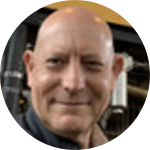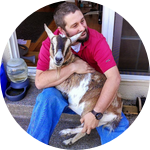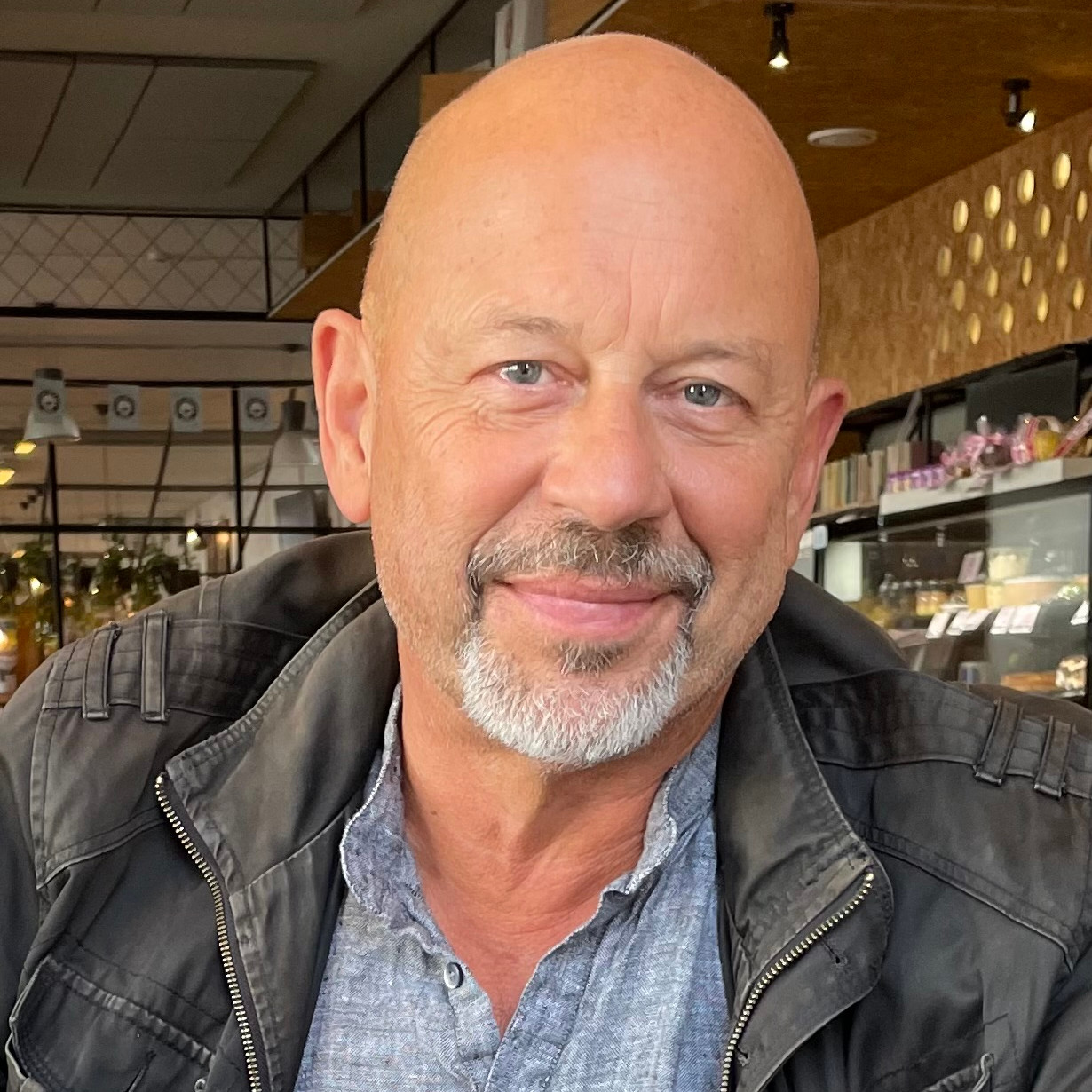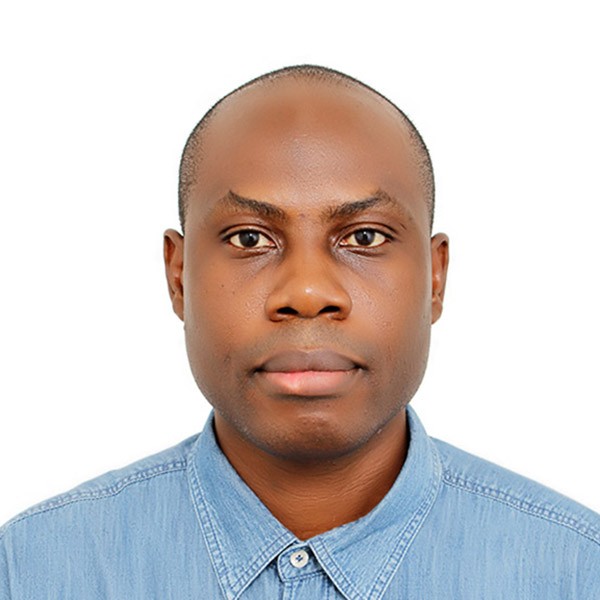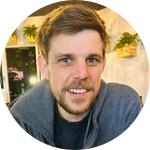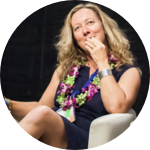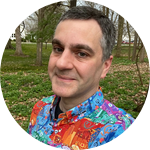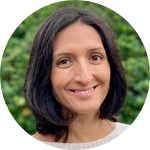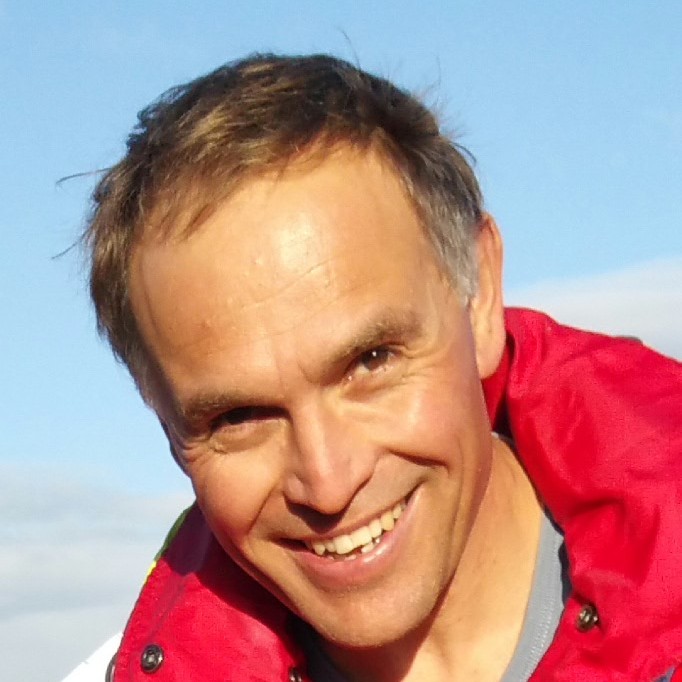About This Project
Our understanding of the changing coastal oceans, and how to mitigate against hazards and support food security, depends on good observations, globally. But progress in many countries is hampered by lack of resources. We seek funds to complete development and field testing of new low-cost instruments. Our test site will be Ghana, where we will train local scientists to use the instruments and to monitor impacts of mercury from illegal gold mining on coastal ecosystems and communities.
Ask the Scientists
Join The DiscussionWhat is the context of this research?
The coastal ocean is home to globally important processes but also to vital fisheries and other resources on which large human populations depend. And it is undergoing major environmental change. There is thus an urgent need for reliable coastal ocean observations, both for the international scientific community and for the welfare of coastal communities, and protection against sealevel rise, storms and other evolving hazards. Yet, there is a major shortage of quality data from many regions, largely because oceanography is a very expensive science and facilities are lacking in many under-resourced countries. We are an international team of oceanographers working to address this problem by developing a package of low-cost instruments for physical, biological and chemical oceanography.
What is the significance of this project?
Marine data gathering is rapidly evolving thanks to automated observing platforms and sensors. However, not all parameters can be monitored and, with the exception of very expensive mobile systems, data collection is “static”, at fixed locations and depths. Our project’s significance is its focus on low-cost versions of “old-school” tools for a range of physical, biological and chemical observations. And we will train people in under-resourced countries to use them for hands-on coastal oceanography. The portable package allows work in remote settings, from onshore wetlands to the continental shelf edge, and sampling and profiling can be done from small boats (kayaks to fishing boats), without need of a formal research vessel. Likewise, analyses can be done without a formal laboratory.
What are the goals of the project?
Our overall goals are to deliver an affordable package of oceanographic tools and to train oceanographers. We have assembled a package of instruments that cost small fractions of commercial equivalents. The package includes essential tools for physical (CTD, current meters) and biological (plankton nets, planktoscope) oceanography, and we seek here to complete development of inexpensive 3D-printed colorimeters and fluorimeters for diverse chemical analyses. We will then field-test the new instruments in Ghana, against commercial counterparts, as part of a study on the impacts of mercury contamination on estuarine ecosystems and fishing communities. We will train Ghanaian personnel and conduct studies in two estuaries; the Ghanaian team will use the package in a follow-up field campaign.
Budget
a) New, modular 3D-printed analytical instruments are in final stages of development, but additional elements (light sources, filters and detectors) are required for individual modules used for different measurements (nutrients, pigments etc).
b) The project will rely on hands-on training in physical, biological and biogeochemical methods by a small team from Edinburgh and South Africa.
c) Laboratory methods will depend on essential locally-sourced chemicals and reagents, and fuel and other supplies will also be needed for the fieldwork.
The balance of any funding requirements will be met by funds from the project team or participating institutions.
Endorsed by
 Project Timeline
Project Timeline
Work will commence with completion of chemical analytical tools and assemblage of the full instrument package. Field project plans wlll be finalised at an in-peson workshop in France in September 2023, to be attended by Ghanaian partners. From that point, preparations will be made towards the training camp and field campaign, to occur in the first half of 2024. Data processing and analysis will follow, and the 2nd field campaign should be completed by late 2024.
Jun 27, 2023
Project Launched
Sep 11, 2023
COLaB/Ocean Best Practices workshop in Brest, France
Jun 01, 2024
Travel by UK/SA team to Ghana, to complete training camp and first estuary field campaign
Dec 01, 2024
Second estuary field campaign (by Ghanaian scientists)
Meet the Team
Affiliates
Affiliates
Affiliates
Affiliates
Team Bio
The broader COLaB team is made up of physical, biological and chemical oceanographers, from all over the world and with many years of experience, as well as engineers, designers and modellers. We share common interests in democratizing oceanography and in addressing the world's need for standardised coastal ocean observations. The current project team includes those who will organise or be involved in the training and fieldwork in Ghana, as well as representatives from the Ghanaian host team.
Greg Cowie
I am an oceanographer and biogeochemist at the University of Edinburgh. Over the years, my teaching and research have led me to develop portable packages of instruments that I have used in diverse locations, from the Indian Ocean to the Caribbean. The principle has been to train undergraduate students in field and analytical methods, in order to collect good data for numerous types of oceanographic studies, often in remote settings, without the need for expensive equipment or a formal research vessel or laboratory. It is this experience that I hope to bring to the present project.
Benjamin Osei Botwe
I am a chemical oceanographer at the Department of Marine and Fisheries Sciences, University of Ghana with over 10 years of university teaching and research experience. My scientific research has focused on the assessment of anthropogenic impacts on coastal and marine ecosystems. I am currently involved in projects that seek to understand and build resilience of coastal communities to climate change and diarrhoea, coastal flooding and erosion in Ghana. I also have interest in the use of low-cost tools to monitor chemical, biological and physical phenomena in estuaries and other parts of the Ghana coast, which are being impacted by artisanal gold mining in Ghana.
Jethan d'Hotman
As an oceanographer, with a keen interest in instrumentation, I have a passion for developing new methods and tools while making my work accessible to the broader public. I am the co-chair of the Ocean Best Practices Task Team for developing best practices for Coastal Observations in under-resourced countries.
Juliet Hermes
I'm a physical coastal and offshore oceanographer, manager, modeller, observer, surfer.
I'm passionate about co-design, knowledge sharing, diversity, inclusivity and ensuring we build on capacity in under resourced countries
Lon Porter
I am passionate about helping the STEM community of educators recognize the increasingly powerful way 3D printing and digital design is providing a new generation of tools for active learning in the classroom, laboratory, and field. In 2014, I founded the Wabash College 3D Printing and Fabrication Center (3D-PFC), one of the first fabrication resources for developing and producing low-cost analytical instrumentation for undergraduate STEM teaching and learning. My research primarily focuses on the development of customizable, user friendly analytical instruments (colorimeters, fluorimeters, etc.) with excellent performance for low costs. More recent work involves adapting low-cost and user-friendly 3D printed analytical instruments for detection of environmentally significant chemical species.
Lucie Cocquempot
My background is in physical oceanography and my job is to connect ocean-observing communities and encourage sustainable observation networks through collective intelligence projects.
Together with Jethan, I am co-chairing a Best Practices Task Team developing best practices for Coastal Observations in under-resourced countries.
Thomas Bornman
I am a marine ecologist with expertise in phytoplankton, microphytobenthos, salt marshes and the physico-chemical processes that influence their composition, distribution and growth.
I am passionate about the design, implementation and management of long-term coastal observation networks and hope to see these observations expanded, especially in under-resourced countries around the world.
Lab Notes
Nothing posted yet.
Additional Information
Illegal artisanal gold mining, or Galamsey as it is known in Ghana, has created a huge environmental issue that has received international attention (e.g. BBC news article; https://www.bbc.co.uk/news/av/world-africa-58119653). It has led to dramatic contamination of the Pra and Ankbora river-estuary systems (the focus of our proposed studies) with both sediment (as illustrated for the Pra) and mercury. This is having major consequences not only for freshwater and coastal ecosystems, but for the health and welfare of large fishing communities that depend on them.

Contamination of the Pra river and estuary resulting from upstream illegal gold mining (https://www.modernghana.com/news/734164/alluvial-mining-destroying-river-pra.html)
This project is part of a broader initiative called Coastal Observation Lab in a Box, (COLaB), which is central to an Ocean Best Practices task team (TT 22-01: Coastal Observations in Under-Resourced Countries). The concept is also due to be taken up as part of a new UN Decade of the Ocean endorsed project (PredictOnTime, https://www.coastpredict.org/integrated-coastal-ocean-observing-and-predicting-predictontime). We believe that our work in Ghana will serve as a vital proof of concept, demonstrating the affordability and value of the instruments and training to be offered. It will be a key step towards securing larger-scale funding, which we will seek both for instrument packages and for regional training camps. We have thus far tentatively identified host institutions for COLaB training camps in Mozambique and Ghana (for S&E Africa and N&W Africa), Indonesia and Seychelles (E & W Indian Ocean island nations), Barbados (Caribbean & Central America) and Australia (W Pacific island nations).
Project Backers
- 9Backers
- 58%Funded
- $5,650Total Donations
- $627.78Average Donation
